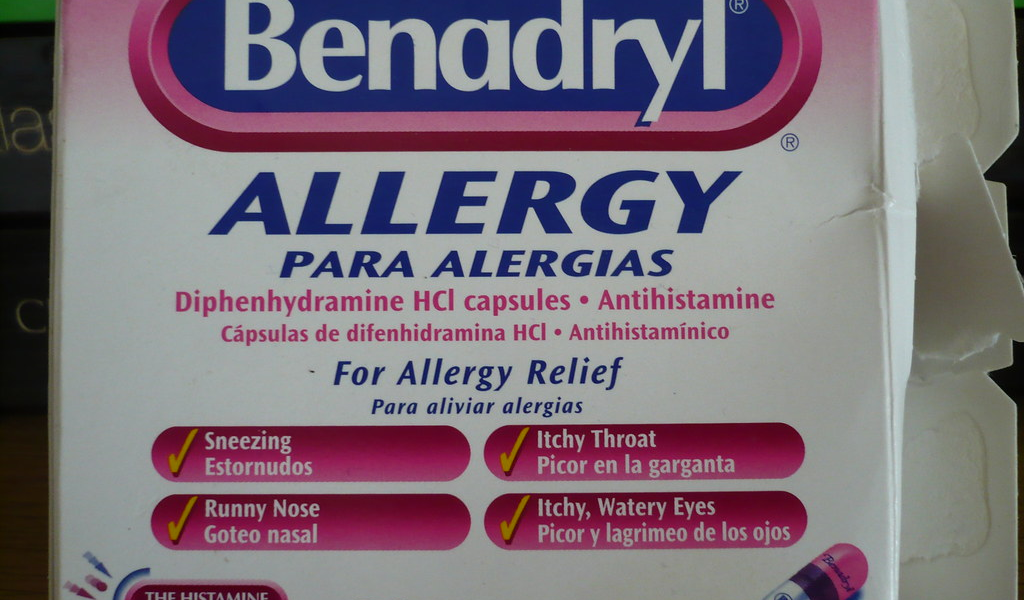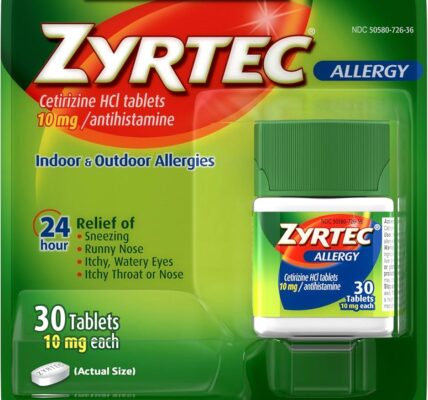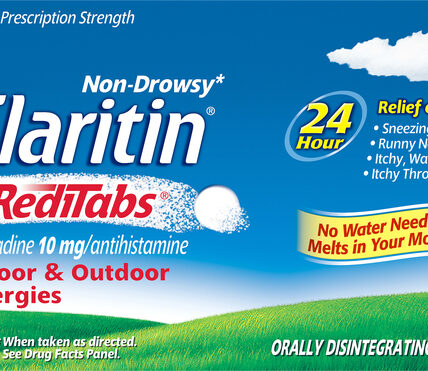Diphenhydramine Hydrochloride ( Benadryl ): What is Diphenhydramine? Uses, Dosage & Side Effects
In this article we’ll briefly discuss what is diphenhydramine and how it works what it’s used for the dose and side effects contra indications and precautions diphenhydramine is a first generation antihistamine it competitively antagonizes histamine at the h1 receptors it also has strong sedating and anticholinergic properties it is available as tablets and syrup cream and injection it is also available in combination with a nasal decongestant and an analgesic to relieve nasal and sinus congestion due to common cold or allergies
and you may also find it as bedtime sleep aid diphenhydramine is used in the treatment of seasonal and perennial allergic rhinitis treatment of urdikaria and angioedema parkinson’s disease and drug-induced extrapyramidal symptoms insomnia motion sickness and syrup formulation can be used as an antitussive the usual dose of diphenhydramine for adults is 25 to 50 milligrams every four to six hours and for nighttime sleep aid the usual dose for adults is 50 milligrams at bedtime side effects include drowsiness and
sedation dry mouth and throat nervousness blurred vision constipation nausea urinary retention and thickened bronchial secretions it is contraindicated in case of hypersensitivity to antihistamines acute asthma narrow angle glaucoma and concurrent use of mal inhibitor use with extreme caution in patients with active peptic ulcer severe coronary artery disease and symptomatic prostatic hypertrophy and use with caution in patients hypertension hyperthyroidism asthma heart disease diabetes and increased intraocular
pressure do not use in neonates or premature infants infants and young children are at risk for overdosage advise patient to avoid driving or performing other activities requiring mental alertness or that are potentially dangerous until response to medication is known use caution if used along with alcohol and other cns depressants instruct patients to take sips of water frequently or chew sugarless gum if dry mouth occurs and to drink large quantities of water to minimize drying of secretions discontinue this medication at least
four days before skin testing for allergies to avoid the possibility of false negative results that’s all for this article make. Good bye


